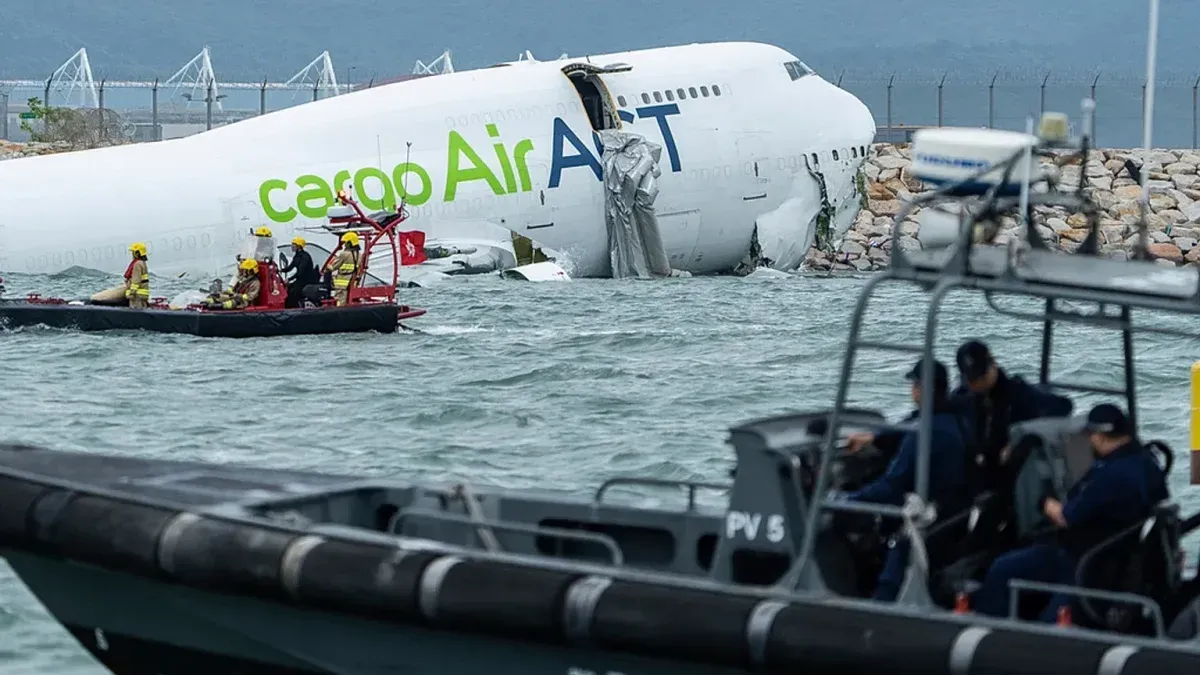Authorities of Patagonian provinces, representatives of business entities and authorities of the Federal Investment Council (CFI) decided to “relaunch, strengthen and institutionalize” the space for political, economic, social and productive integration of the Patagonia region, through the implementation of a manifesto that expresses the objectives and purposes of the block.
The content you want to access is exclusive to subscribers.
Thus, the governors of Tierra del Fuego, Gustavo Melella; from Río Negro, Arabela Carreras; the vice-governor of La Pampa, Mariano Fernández; and the elected governors of Chubut, Ignacio Agustín Torres and of Santa Cruz, Claudio Vidal, together with the representative of the CFI, Ignacio Lamothe, and the president of the Argentine Confederation of Medium Enterprises (CAME), Alfredo González, among others, established nine points of interest to the region.

From Ushuaia, they raised as their main point “the maintenance of the permanent and inalienable rights of Argentine sovereignty over the Malvinas, South Georgia and South Sandwich Islands; the demand for compliance with the constitutional mandate of a new federal tax sharing regime that reflects equity in distribution and repairs the neglect of the Patagonian provinces.”
They also advocated for the recognition of the “right of the provinces to intervene on a binding basis in the determinations related to the termination of the concessions of the hydroelectric plants located in their territories.”
In another order, they agreed to “prioritize integration with Chile by requesting the National State to execute the infrastructure works necessary for this purpose in the bioceanic corridors, as well as the coordination of national organizations to fulfill that objective.”
At the same time, they agreed to ask him “to carry out the electrical and gas transportation, road, port, airport and communications infrastructure works necessary for the productive development of Patagonia.”
Furthermore, they decided to “coordinate among the provinces a common policy aimed at ensuring that oil operators put secondary hydrocarbon areas into full exploitation or, failing that, allow them to be operated by regional companies and request from the National Congress a special regime that addresses the situation of mature basins”.
Finally, they considered it necessary to promote renewable energies and, in particular, to demand that the National Congress deal with the legal framework for green hydrogen; the development of regular cabotage and overseas maritime lines; and the protection of the resources of the Argentine Sea from the incursions of illegal, unreported or unregulated fishing, as well as requiring national authorities to implement policies that allow the addition of value to the fishing food industry.”
Source: Ambito




